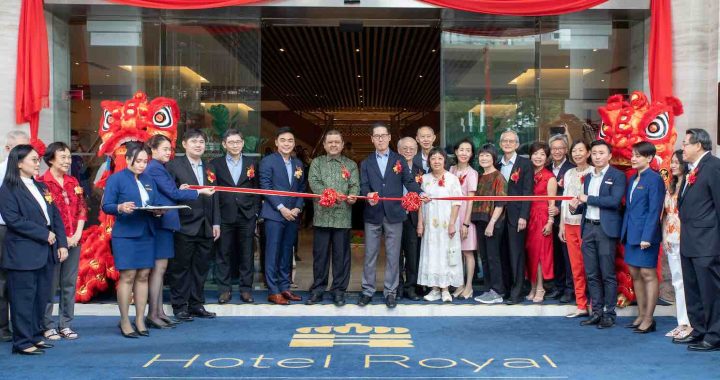Kazakhstan’s Capital City Day Pays Tribute to Symbol of Nation’s Progress and Modernity
3 min readIt is hard to imagine that just 23 years ago, Nur-Sultan (back then renamed from Akmola to Astana) was a relatively unknown to the world. Almaty was very much the heart of Kazakhstan, both in terms of government administration, as well as diplomatically and financially. While Almaty arguably continues to play a key role in Kazakhstan’s business activities and cultural life, Nur-Sultan has well and truly become a political centre of Kazakhstan. What is more impressive, is that the young capital has also developed into a regional hub that is often at the centre of remarkable international events.
The fact that Nur-Sultan is now a truly modern city and a leading financial and logistics hub is rightfully attributed to the ambition of the First President of Kazakhstan, Nursultan Nazarbayev. It was him who put forward the bold initiative to move the capital from Almaty to Akmola, then pretty much a backwater, and then managed to persuade the nation’s parliament on July 6 1994 to approve it. On December 10, 1997, the city of Akmola officially became the capital city of Kazakhstan and on July 6, 1998 it was presented to the world as Astana.
Since that momentous occasion for Kazakhstan, the population of Nur-Sultan has more than tripled over the last 23 years to reach over a million. Well over a thousand new apartment blocks have been constructed to provide modern accommodation for the growing number of residents in the city. The dynamic evolution and expansion of the capital has been matched by the growing ambition of its inhabitants, who have moved to Nur-Sultan from all over Kazakhstan and beyond to strive for personal well-being and contribute to the development of the country.
The impressive trajectory of Nur-Sultan over the past two decades can be considered a true success story. The city’s favourable location in the central part of Kazakhstan and of the entire Eurasian continent makes it a relevant transport, communication, logistics and financial hub – a natural bridge between East and West and a point of integration into the global economy for the region. It is for this reason that the capital has become a major business centre of Kazakhstan, with industrial production increasing more than thirty-fold. It is also why Nur-Sultan became a location for the Astana International Financial Center, arguably the most advanced of its kind in Central Asia and its immediate neighbourhood. It is also worth noting that as well as a hub for finance, trade and transportation, Nur-Sultan is also an emerging hub for innovations, green technologies, and sustainable development, a role which the city performed perfectly when it hosted EXPO 2017, which with the participation of 112 countries, focused on the theme of future energy. Now, the International Center for Green Technologies and Investment Projects is continuing the legacy of the exhibition.
Kazakhstan’s capital city is playing an ever growing political and cultural role in the international community. It has become a centre for diplomacy where regional and global initiatives are launched to promote security and cooperation, enhance trade, and encourage sustainable development.
For example, Nur-Sultan is where Chinese President Xi Jinping announced in September 2013 the launch of the One Belt One Road, a major transcontinental connectivity initiative which Kazakhstan contributes to significantly.





